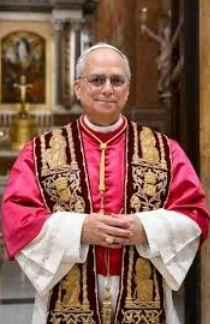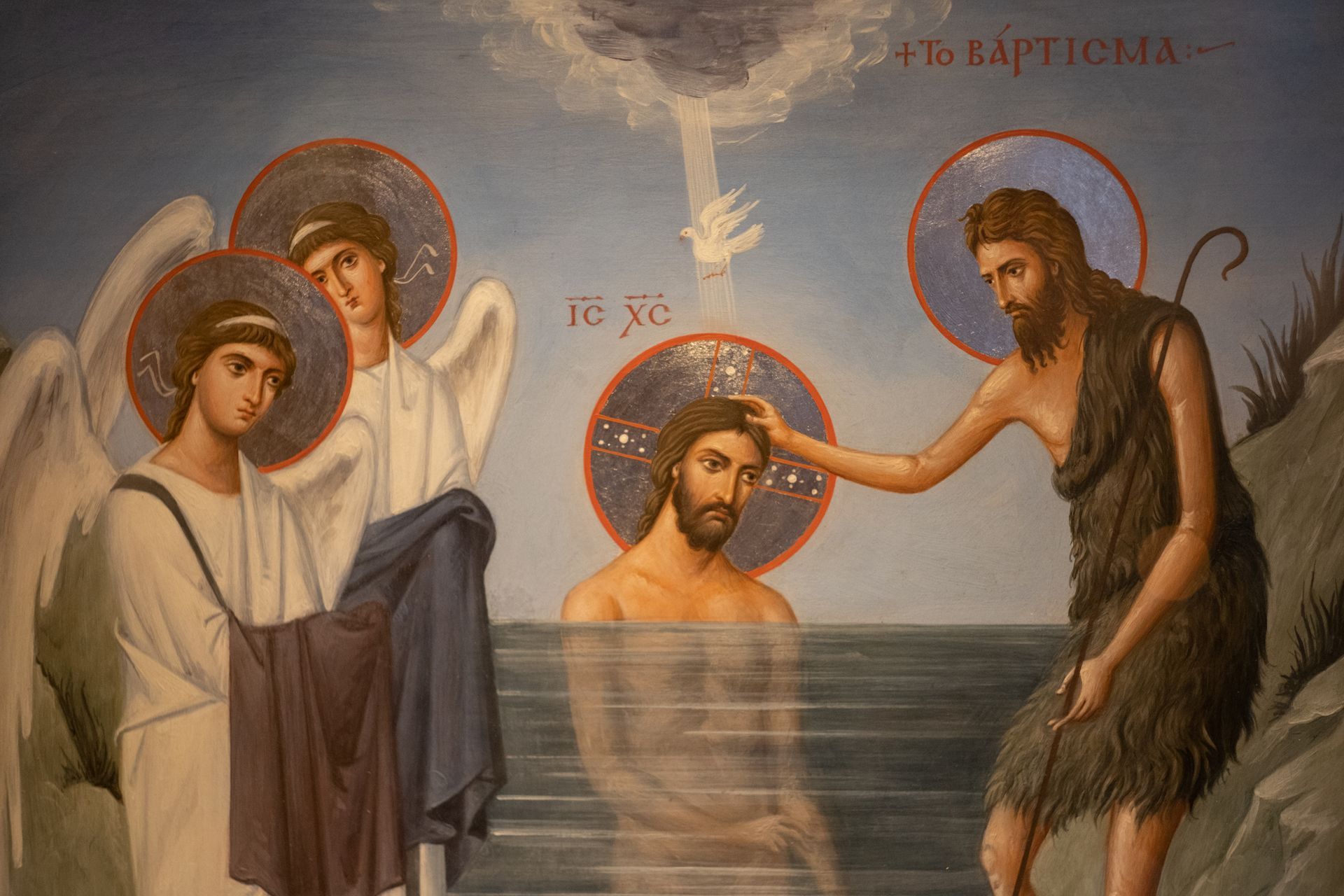You are very welcome!
Thank you for taking the time to visit our parish website. We are a very active Catholic community, seeking to share the gospel values as revealed to us by our saviour Jesus Christ. If you find yourself in the area, please do call in and celebrate Holy Mass with us. Our parish priest, Canon John Griffiths is very keen to meet with visitors to the parish.
You are very welcome!
St Joseph's is the Catholic Parish Church for Dorking and surrounding villages in the Diocese of Arundel and Brighton.
We are an active welcoming community, offering spiritual and pastoral support for everyone, helping each other to grow in knowledge and love of our Catholic faith. We hope that you find the information on our Parish and its activities useful.
Our Parish Mission Statement
Together with our Priest, we are united in our Catholic faith.
We pray to the Holy Spirit to guide us in our service of God and our
service of each other.
As a parish we strive to be a warm, welcoming and forward looking community.
Parish Halls
St Joseph’s is blessed with having two interconnecting halls, a large kitchen and toilet facilities.
Either one or other of these halls is available for hire either on a regular or one-off basis typically at a cost of £35 per hour.
Special dispensation to this charge is available at the discretion of the Parish Priest.
If you are interested in using this facility please contact us or by phone on 01306 882433.
Our latest parish weekly news, notices and events below
Download the parish Newsletter Here







Fr. Ian Prayer requests: Please remember those who are sick in your daily prayers: please pray for our recently bereaved
You are very welcome!
St Joseph's is the Catholic Parish Church for Dorking and surrounding villages in the Diocese of Arundel and Brighton.
We are an active welcoming community, offering spiritual and pastoral support for everyone, helping each other to grow in knowledge and love of our Catholic faith. We hope that you find the information on our Parish and its activities useful.
Our Parish Mission Statement
Together with our Priest, we are united in our Catholic faith.
We pray to the Holy Spirit to guide us in our service of God and our
service of each other.
As a parish we strive to be a warm, welcoming and forward looking community.
Parish Halls
St Joseph’s is blessed with having two interconnecting halls, a large kitchen and toilet facilities.
Either one or other of these halls is available for hire either on a regular or one-off basis typically at a cost of £35 per hour.
Special dispensation to this charge is available at the discretion of the Parish Priest.
If you are interested in using this facility please contact us or by phone on 01306 882433.




Please check the current newsletter for any changes to mass times




The Sacrament of Reconciliation / Confession
Available after the Saturday morning Mass and from 5.15 to 5.45 Saturday afternoon.
Each Saturday Exposition of the Blessed Sacrament & the Rosary follow on from Mass until 11.00am.
Our latest parish weekly news, notices and events
Keep informed about parish activities on a week by week basis. Our important activities can be seen featured below, and found on our Parish Newsletter - available online here, or in print at the back of the church.
Fr. Ian's Prayer requests:
Please remember those who are sick in your daily prayers.
If you would like to add someone to the list, please email the parish office through this link or email the parish direct (on the newsletter)
New Paragraph




Latest News

Prayers of the Saints
Important Notices


MASS & MEET
There is no Mass and Meet Lunch in January 2026 - The next event will be on Friday 6 February 2026 after middday Mass. All are welcome!
NEWS ADDITIONS, UPDATES & FEEDBACK
We encourage parishioners to submit articles or information that you feel appropriate for our news section. Please send details to the parish office through the link below.







Parish Events
OUR EVENTS CALENDAR
Remember to check our events calendar for all of the activities happening within the parish

